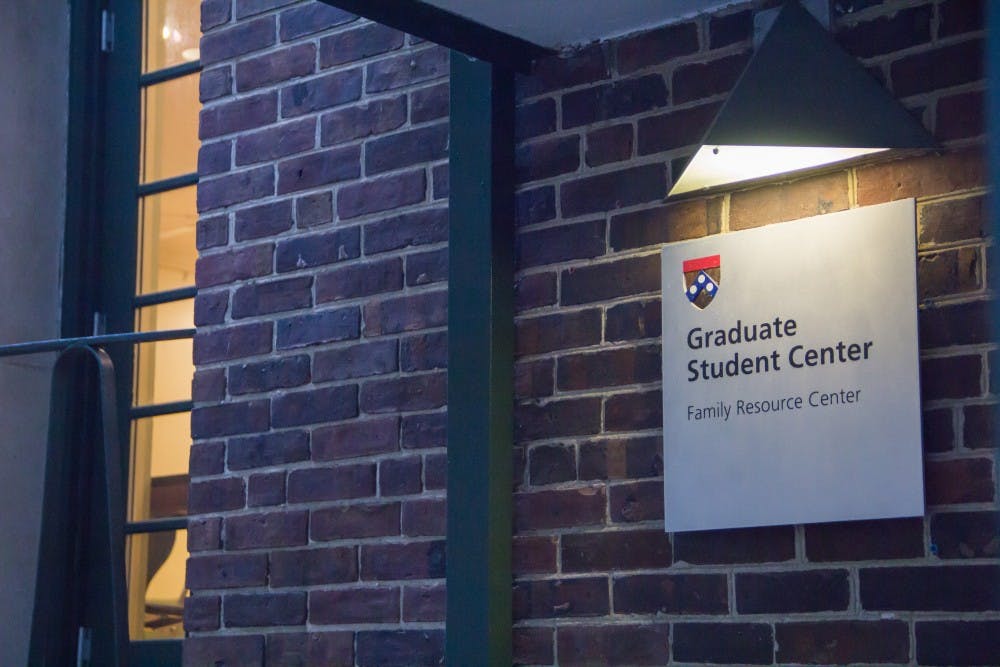
Graduate students at Yale and Columbia universities have already made moves to unionize since their right to do so was affirmed.
Credit: Carson Kahoe | Photo ManagerSome graduate students at Penn say they will not be unionizing anytime soon, despite their newly christened legal right to do so.
On Aug. 23, the National Labor Relations Board, in a case involving graduate students at Columbia University, ruled that graduate students have the right as employees to unionize. The ruling said that students working as teachers or as research assistants are certified as employees, and with that comes all the rights and responsibilities of employment, including the right to form a union to collectively bargain in matters such as wages and benefits.
In ruling in favor of the students, the NLRB stated that earlier rulings had “deprived an entire category of workers of the protections of the (Fair Employment) Act, without a convincing justification in either the statutory language or the policies of the act.”
Graduate students at Penn had a measured response to the report.
“While some graduate students at the University may benefit from forming a union, I’m not convinced that Engineering students would benefit from it,” Luke Valenta, president of the Graduate Student Engineering Group , wrote in an emailed statement. “Based on conversations I’ve had with fellow engineering students, Ph.D. students in SEAS are generally well-funded throughout their Ph.D. careers and do not have any major complaints that forming a union would solve.”
This does not mean that unionizing is off the table completely.
“If an argument for unionizing was presented with clear motivation and a well thought-out plan, I believe that the faculty and University administrators would be willing to engage in conversation about the subject,” Valenta wrote. “However, I do not think that the process would necessarily be fast or easy, and there would no doubt be many loopholes to jump through.”
Valenta also noted that this is not the first time that graduate students at Penn have discussed forming a union. “There was discussion last semester during a town hall forum with SEAS and SAS students, where we discussed the ongoing Columbia case and weighed the pros and cons of forming a union. Most of the discussion on this front was led by SAS students. I did not hear any SEAS students speak up in favor of unionizing.”
While there may not be any immediate plans to form a union among Penn students, at other Ivy League schools, students have jumped at the chance to unionize. Columbia, which was at the center of the NLRB case, looks to be the first to unionize, although they’re not alone. According to The Washington Post, graduate students at Yale University filed their petitions to unionize within a week of the NLRB decision.
Yale Graduate Employees and Students Organization Chair Aaron Greenberg told the Post, “We look forward to winning our election and beginning to negotiate our contract and resolving some issues that are important to our members.”
The Daily Pennsylvanian is an independent, student-run newspaper. Please consider making a donation to support the coverage that shapes the University. Your generosity ensures a future of strong journalism at Penn.
DonatePlease note All comments are eligible for publication in The Daily Pennsylvanian.





